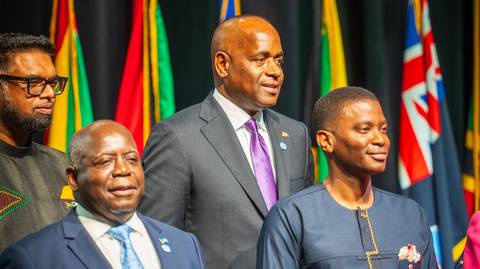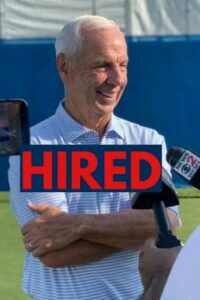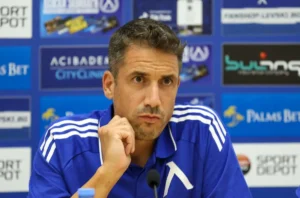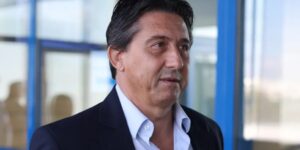
Caribbean leaders are firmly opposing recent U.S. threats to impose visa restrictions on officials involved in Cuba’s international medical missions, seeking clarity from Washington on the policy’s implications. The U.S. administration, led by Secretary of State Marco Rubio, alleges that these missions exploit Cuban workers and financially bolster the Cuban government, labeling the programs as “forced labor.”
Cuba has deployed approximately 24,180 medical professionals across 56 countries, providing essential healthcare services, particularly in regions with limited medical infrastructure. Caribbean nations have been significant beneficiaries of this support. For instance, Jamaica currently hosts over 400 Cuban medical personnel, including doctors, nurses, and technicians, whose contributions are deemed vital to the nation’s healthcare system.
In response to the U.S. policy, several Caribbean leaders have expressed strong opposition. St. Vincent and the Grenadines’ Prime Minister, Ralph Gonsalves, emphasized the critical role of Cuban doctors in providing dialysis treatments, stating he would “prefer to lose my US visa than to have 60 poor and working people die.” Similarly, Trinidad and Tobago’s Prime Minister, Keith Rowley, underscored the sovereignty of his nation, expressing willingness to forgo U.S. travel privileges rather than compromise healthcare services dependent on Cuban expertise.
The Caribbean Community (CARICOM), a 15-member regional bloc, has engaged in discussions with U.S. officials to address these concerns. Guyana’s Foreign Minister, Hugh Todd, highlighted the importance of this issue, indicating that it warrants attention at the highest levels of government.
Cuban Foreign Minister, Bruno Rodríguez, criticized Secretary Rubio’s stance, accusing him of prioritizing personal agendas over U.S. national interests.
The situation underscores a broader tension between U.S. foreign policy objectives and the healthcare needs of Caribbean nations. As these countries grapple with limited medical resources, the Cuban medical missions have been instrumental in filling critical gaps. The potential visa restrictions not only threaten diplomatic relations but also pose significant risks to the healthcare infrastructure within the region. Caribbean leaders are advocating for a more nuanced understanding from Washington, emphasizing the humanitarian benefits of the Cuban medical programs and urging the U.S. to reconsider policies that could adversely affect the well-being of their populations.







